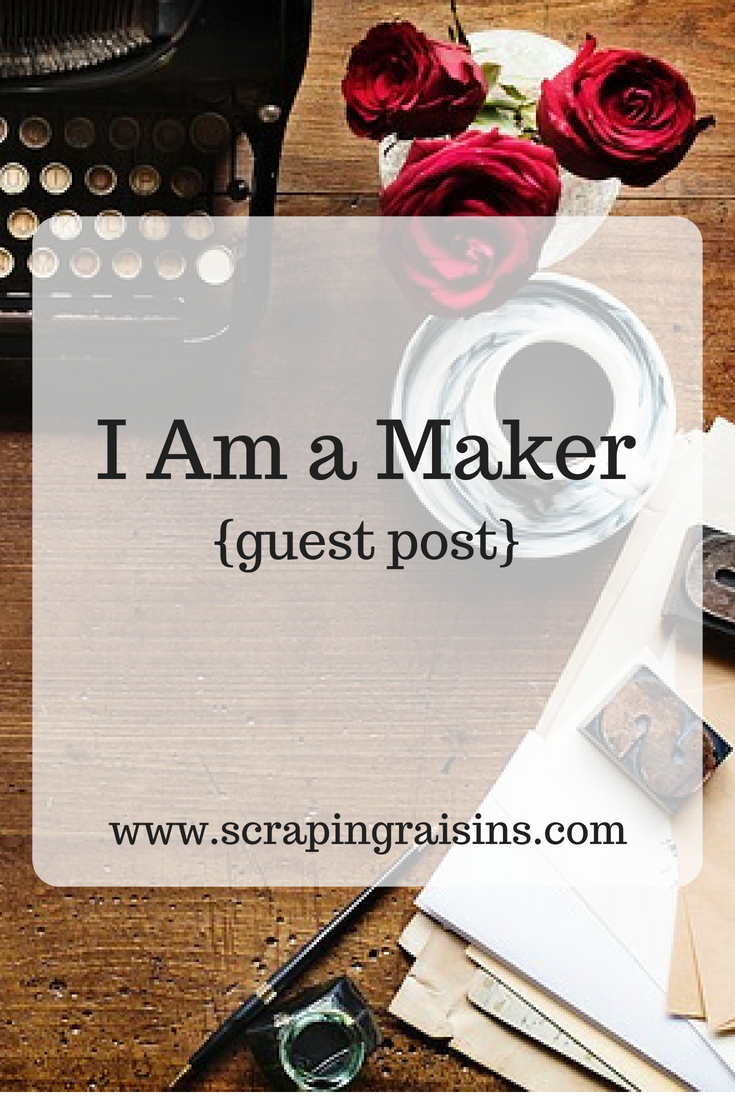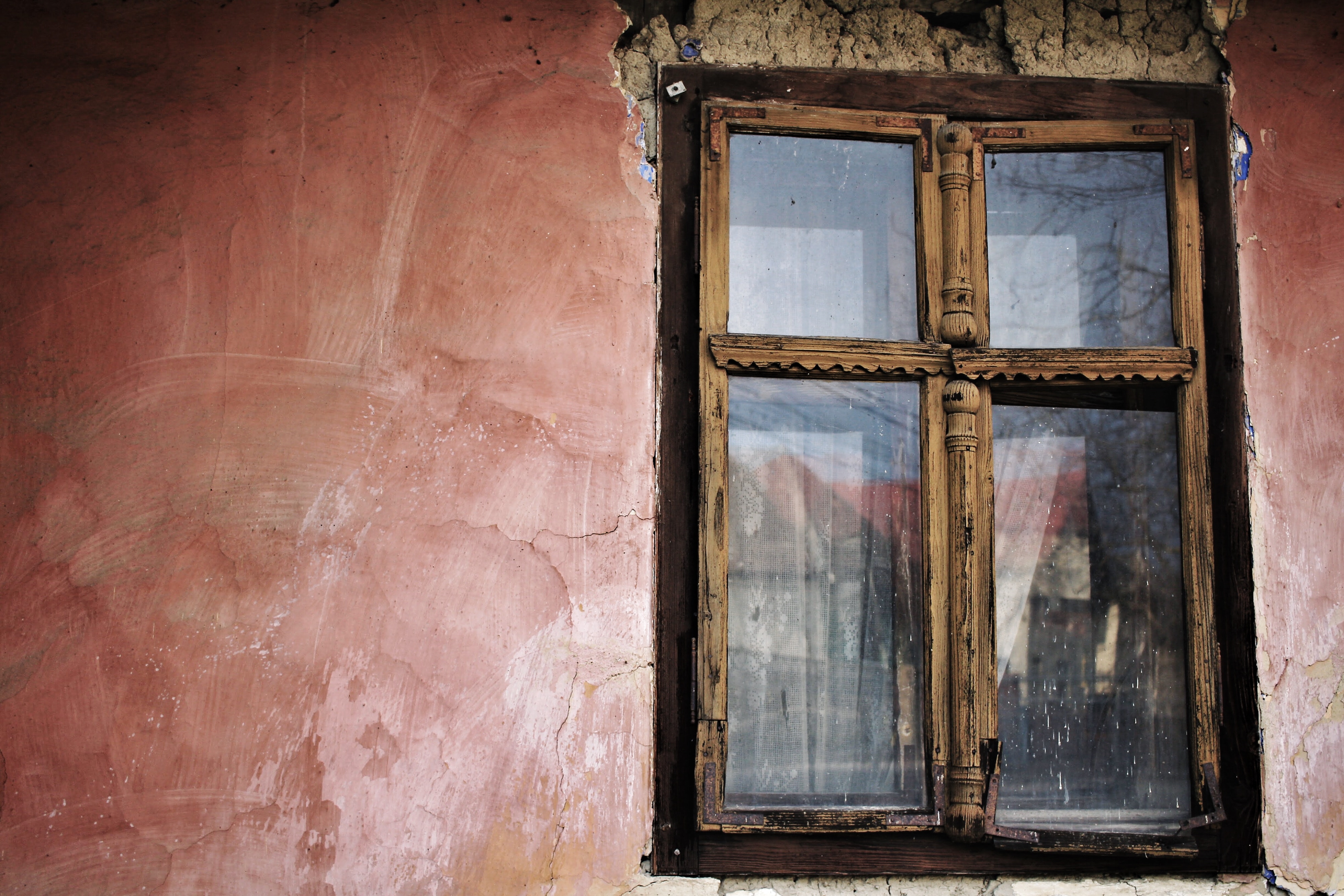
By Kelly Simonsen | Instagram
Keep Your Eyes Open
“Cause if you never leave home, never let go
You’ll never make it to the great unknown till you
Keep your eyes open, my love” – NEEDTOBREATHE
The maxi taxi rolls to a stop at this dilapidated bus station
and I am more than ready to leave its sweltering interior.
After riding for ten hours with the windows firmly shut
my lungs beg for fresh air.
Our first smell in this new place
is the customary Eastern European cigarette smoke,
lingering on clothing,
swirling through the air,
orienting us to this unfamiliar world.
A group of gangly teenage boys stare at us,
the four obviously American girls
with their gigantic bags of luggage
and casual, foreign attire.
Our first order of business is locating a bathroom.
Between paying for our pink square of toilet paper
and experiencing the glory of the squatty potty
our bathroom expedition is a prime example
of full-immersion baptism into the culture.
Our guide leads us inside the ramshackle station
and I notice a massive mural on the wall.
He says it’s a remnant of Soviet propaganda,
and my history-loving brain is intrigued by
the mosaic of geometric shapes
delineating the communist view of society.
The interior of the station makes me feel uneasy
but the warmth of our hosts eases my feelings of trepidation.
They greet us with huge smiles and Moldovan chocolate,
giving us an opportunity to practice saying mulțumesc
and accept their radical hospitality.
And Your Easter Napkins Close At Hand
We transition from the station to the home of Magda,
our feisty Romanian host,
who moved to Moldova in pursuit of her calling
to work with marginalized youth.
The entrance to the house is charming
with a canopy of vines,
a freestanding porch swing,
and some scattered toys belonging to the neighbors’ kid.
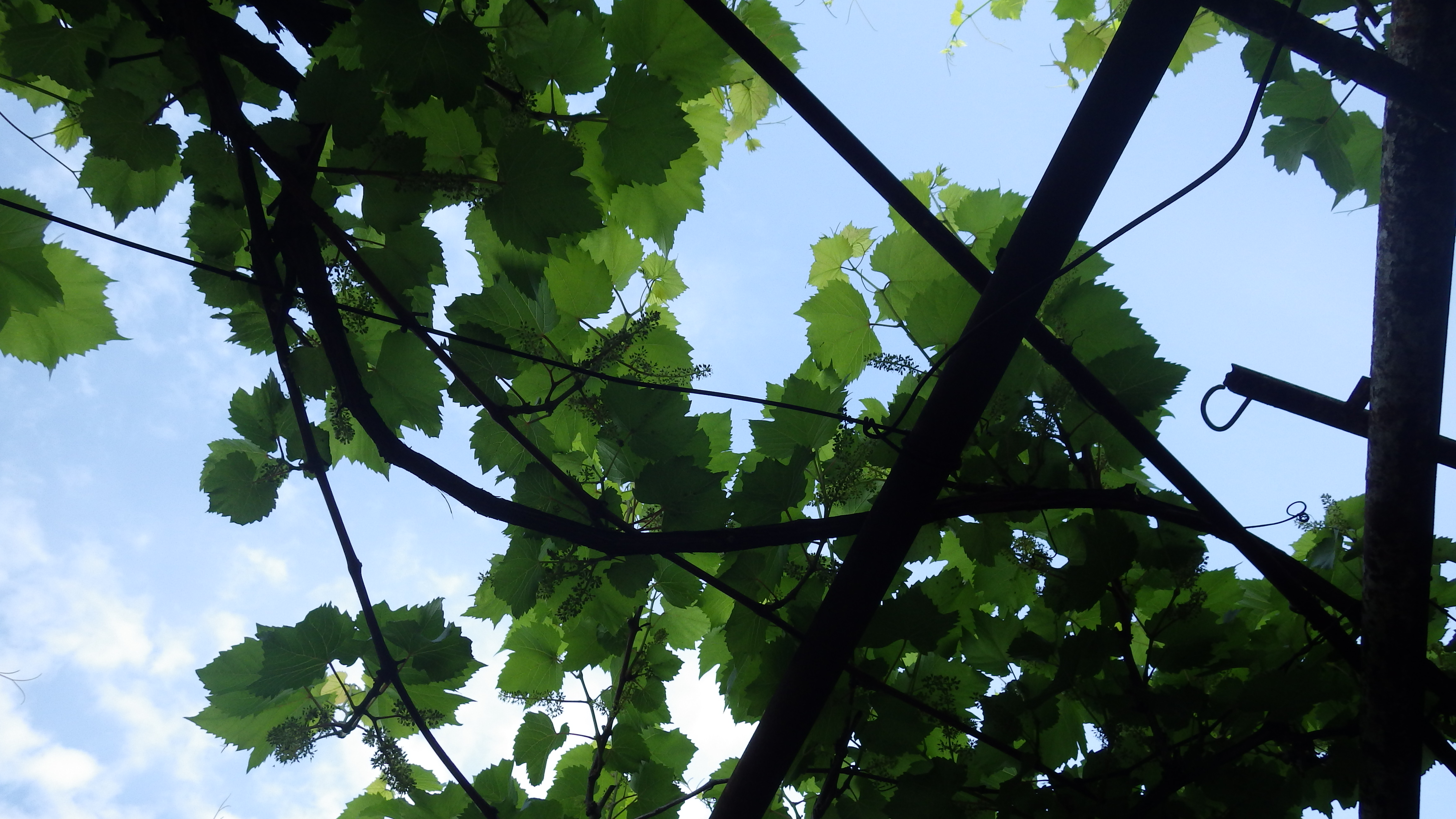
On our first night,
and in every moment that follows,
Magda is overwhelmingly welcoming!
But I am so nervous.
It’s my second time overseas,
and my first time experiencing a homestay.
Nineteen-year-old me doesn’t know how to relax and be
in a space so radically unfamiliar.
Magda makes spaghetti for us
(to this day the best I’ve ever tasted)
and as we sit down to eat, she passes out napkins bearing the phrase
“Paște Fericit!”
She looks at us
and slyly,
in a manner we would soon recognize as Magda’s humor peeking through,
remarks, “it means
Welcome Girls!”
Our Romanian-speaking American friend bursts out laughing,
explaining that the napkins were leftovers
from the Easter celebration of six weeks prior
and as such, fittingly say,
“Happy Easter!”
The laughter cuts through my anxiety,
and here I sit, four years later,
remembering.
I spent one week with Magda which,
in the scope of meaningful human interaction,
is a mere blip on the radar.
And yet, her kindness,
and spunk,
and gracious welcome of a scared American college student remains with me
and inspires me to go and do likewise.
Maybe I’ll never again see that Chinese international student
who I picked up from the airport and settled into her dorm room.
But maybe,
someday,
years down the road
she’ll write a poem about my welcome.
Or even better,
she’ll invite the visiting scholar from Rwanda
to sit at her dinner table.
Because hospitality is a give-and-receive dance,
transcending our natural boundary lines
with laughter and food and the recognition
that maybe the best thing we could possibly say
in this age of discord is
“Come on in!”
About Kelly:
 Kelly Simonsen is a cross-cultural friendship builder, INFJ/Enneagram 4, lover of people, music connoisseur, creative cook, wordsmith, and world traveler with roots in the Pacific Northwest who is learning to live well with chronic pain and exploring how her passions and visions can become realities in her life. However, at the heart of it all, she’s a woman who is learning that the core of her identity is the beloved of God, and that is enough. She writes at learningtoloveagainblog.
Kelly Simonsen is a cross-cultural friendship builder, INFJ/Enneagram 4, lover of people, music connoisseur, creative cook, wordsmith, and world traveler with roots in the Pacific Northwest who is learning to live well with chronic pain and exploring how her passions and visions can become realities in her life. However, at the heart of it all, she’s a woman who is learning that the core of her identity is the beloved of God, and that is enough. She writes at learningtoloveagainblog.BOOK GIVEAWAY–ENDS JULY 31st!
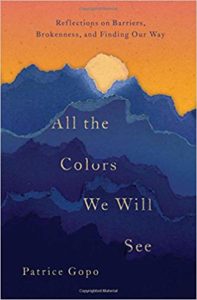 We are giving away a copy of All the Colors We Will See: Reflections on Barriers, Brokenness, and Finding Our Way, so visit my Instagram or Facebook post and tag up to four friends and you’ll be entered one time per friend that you tag! Giveaway ends Tuesday, July 31st, at midnight (MT). Only U.S. residents, please! (and no bots….)
We are giving away a copy of All the Colors We Will See: Reflections on Barriers, Brokenness, and Finding Our Way, so visit my Instagram or Facebook post and tag up to four friends and you’ll be entered one time per friend that you tag! Giveaway ends Tuesday, July 31st, at midnight (MT). Only U.S. residents, please! (and no bots….)
***

Our theme this month is “Hospitality Around the World.” Email me at scrapingraisins @ gmail (dot) com if you are interested in guest posting. Guest posts should be between 500 and 900 words. Be sure to include a headshot and bio. The theme for August is “Homelessness, Refugees & the Stranger,” so send me a post for that, too, if you have a good idea!
And if you’re not a writer, be sure to follow me on social media (links in upper right) to keep up with the latest blog post or sign up for my newsletter below for links to thought-provoking articles, a digest of blog posts, and a few things I’m into these days! xo

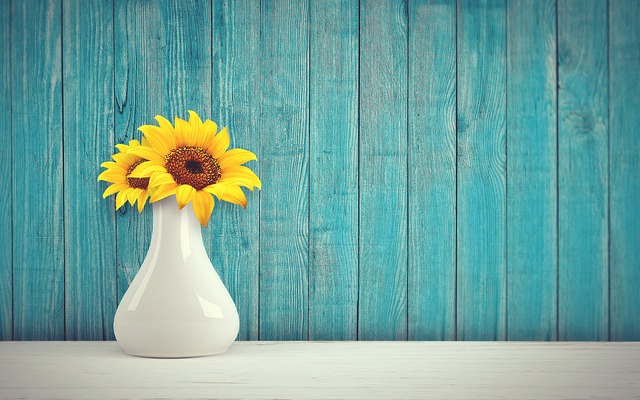
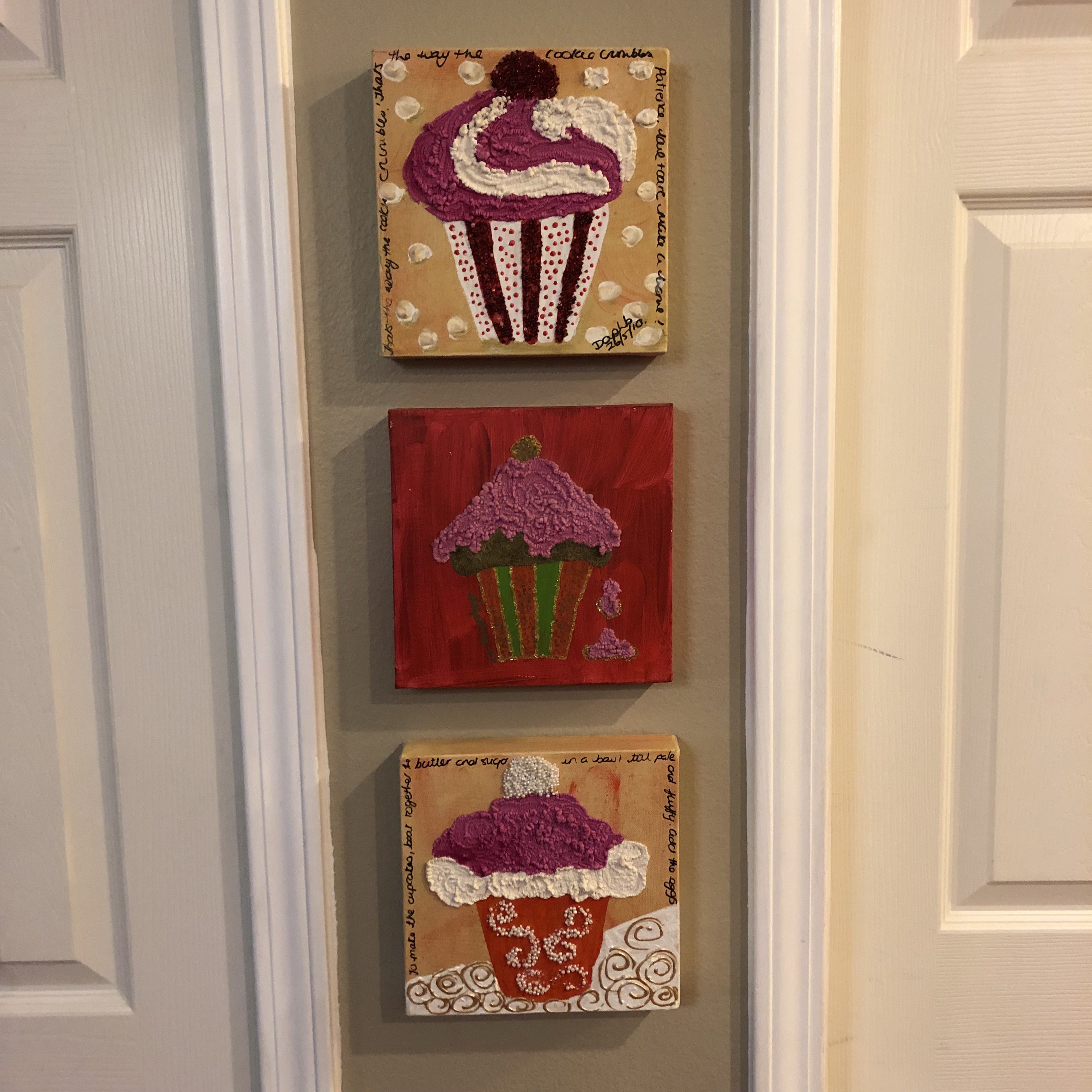
 Patrice Gopo is a 2017-2018 North Carolina Arts Council Literature Fellow. She is the author of All the Colors We Will See: Reflections on Barriers, Brokenness, and Finding Our Way (August 2018), an essay collection about race, immigration, and belonging. Please visit
Patrice Gopo is a 2017-2018 North Carolina Arts Council Literature Fellow. She is the author of All the Colors We Will See: Reflections on Barriers, Brokenness, and Finding Our Way (August 2018), an essay collection about race, immigration, and belonging. Please visit 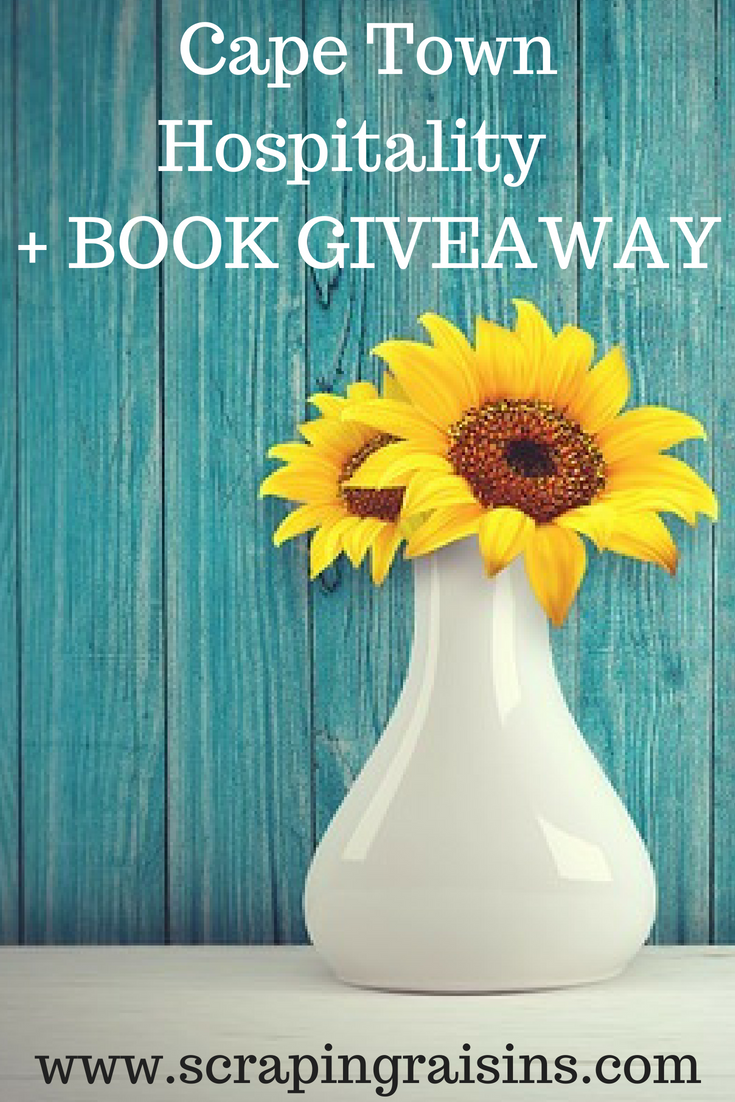
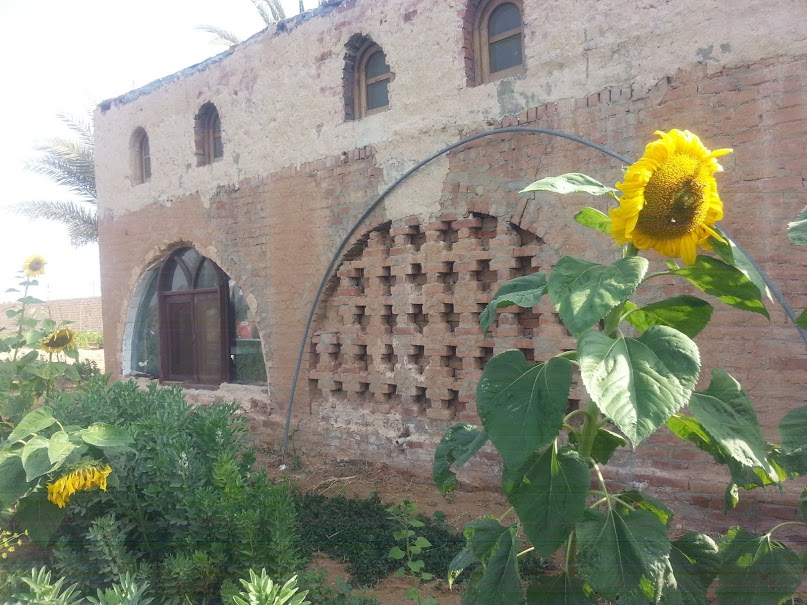
 A Coloradan by birth, Alicia currently lives in Cairo, Egypt with her husband, and three boys three and under. Always a nurse at heart, her impossible 24/7 job these days is keeping her boys alive while trying to learn Arabic, engage with her community, and listen to the stories of the refugees, Egyptians, and expats she is surrounded with. Follow her on Instagram
A Coloradan by birth, Alicia currently lives in Cairo, Egypt with her husband, and three boys three and under. Always a nurse at heart, her impossible 24/7 job these days is keeping her boys alive while trying to learn Arabic, engage with her community, and listen to the stories of the refugees, Egyptians, and expats she is surrounded with. Follow her on Instagram 
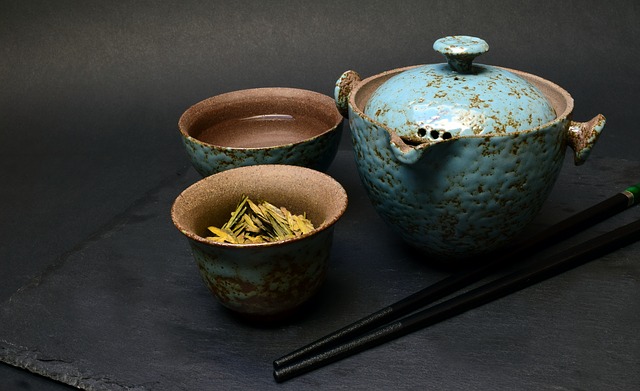
 As a mom, I juggle two different kinds of parenting — long-distance to our 3 adult kids (who are white on the outside but very Chinese on the inside) and our two adopted Chinese boys at home who have special needs. Since being back in the US, my husband has taken up cooking Chinese food, with a specialty of Lanzhou beef noodles (where we used to live and where our boys are from), giving us a taste of “home.” You can follow our story on my
As a mom, I juggle two different kinds of parenting — long-distance to our 3 adult kids (who are white on the outside but very Chinese on the inside) and our two adopted Chinese boys at home who have special needs. Since being back in the US, my husband has taken up cooking Chinese food, with a specialty of Lanzhou beef noodles (where we used to live and where our boys are from), giving us a taste of “home.” You can follow our story on my 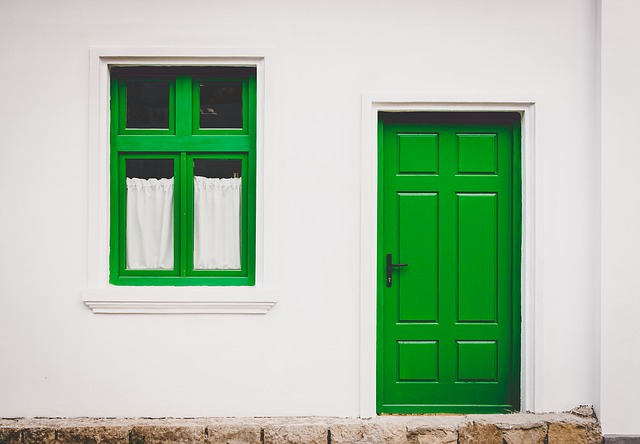
 Elizabeth Hinnant lives in Atlanta with her husband Neal and a corgi/shepherd diva pup named Heidi. She (Elizabeth, not the dog) writes about science, tech and chronic illness and sometimes tweets
Elizabeth Hinnant lives in Atlanta with her husband Neal and a corgi/shepherd diva pup named Heidi. She (Elizabeth, not the dog) writes about science, tech and chronic illness and sometimes tweets 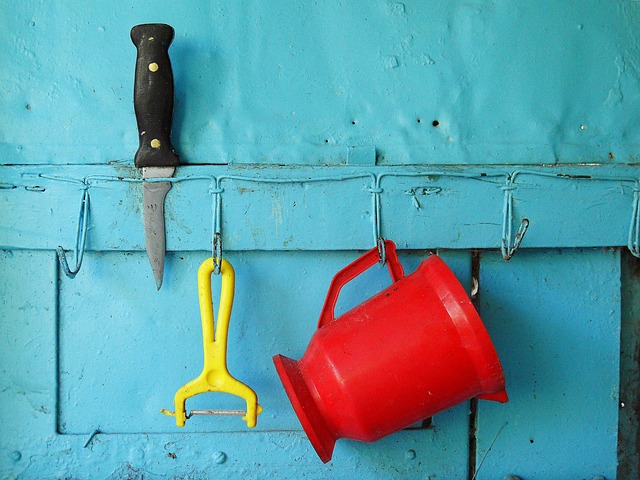
 Debbie loves, learns and lives in the East End of Glasgow, Scotland with her husband and two wee boys. People, food and stories are her favourites, preferably combined. She writes at
Debbie loves, learns and lives in the East End of Glasgow, Scotland with her husband and two wee boys. People, food and stories are her favourites, preferably combined. She writes at 
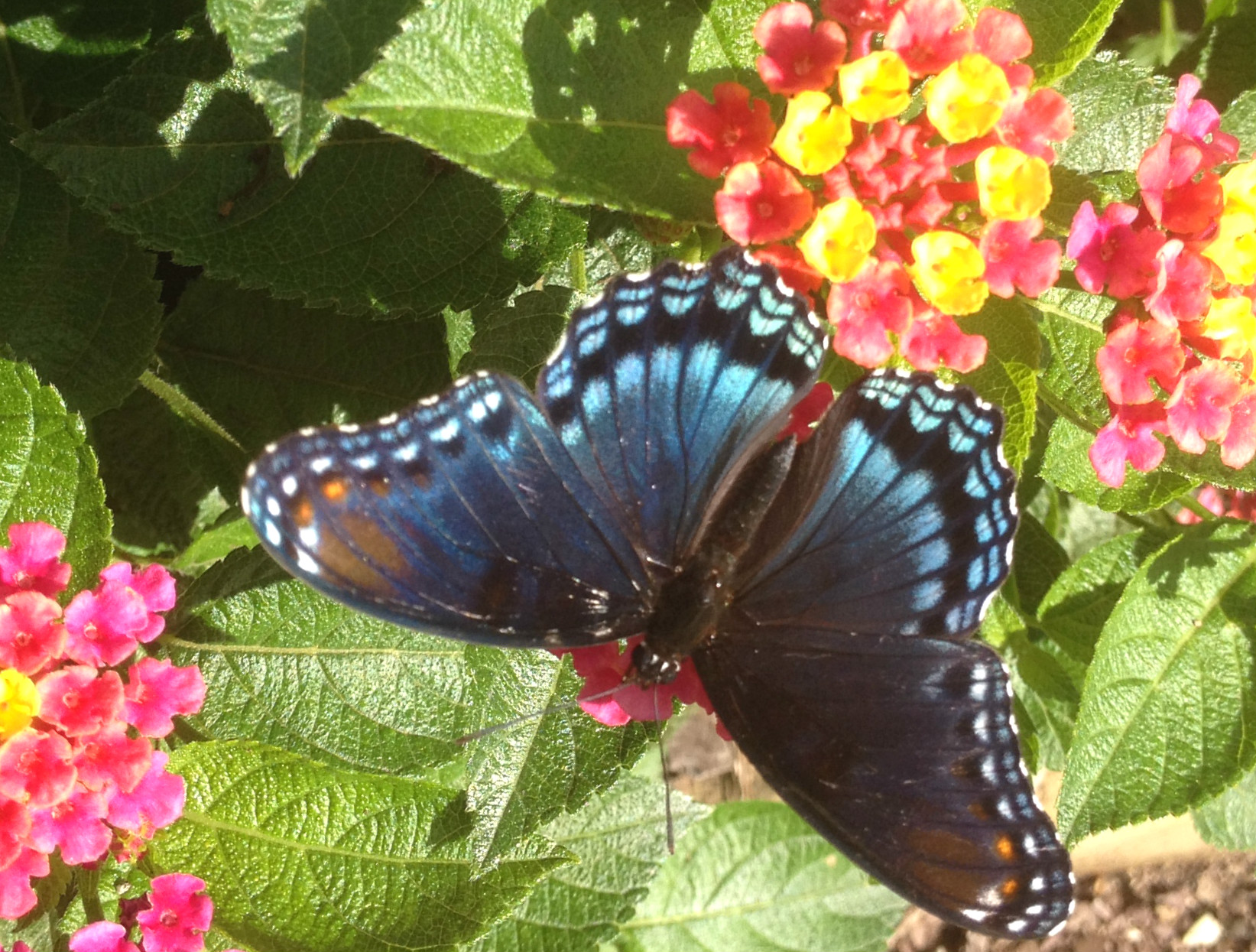
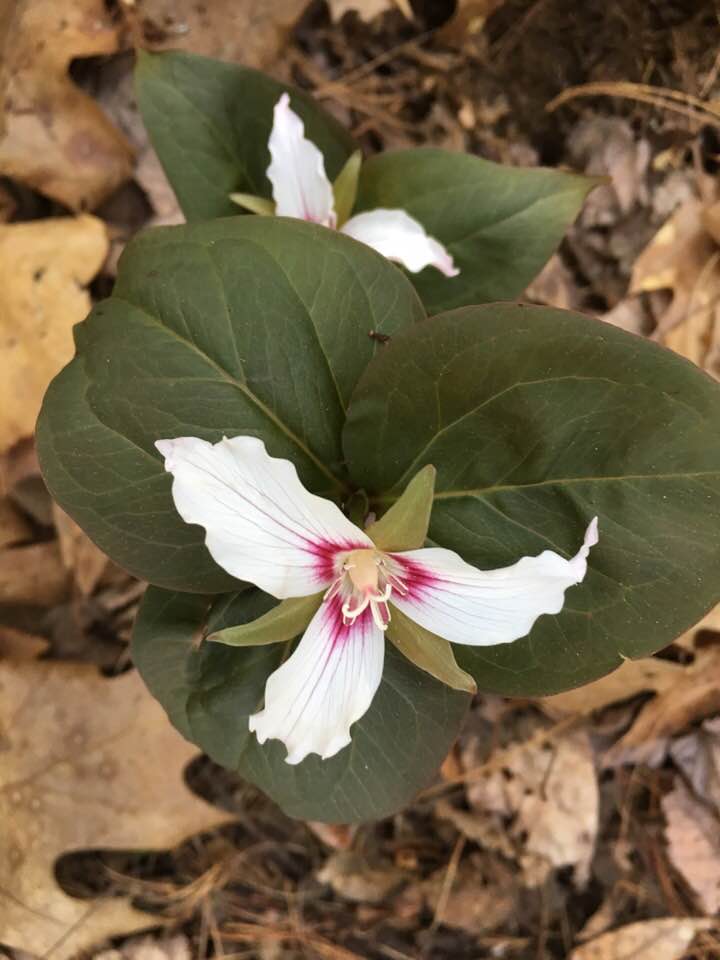



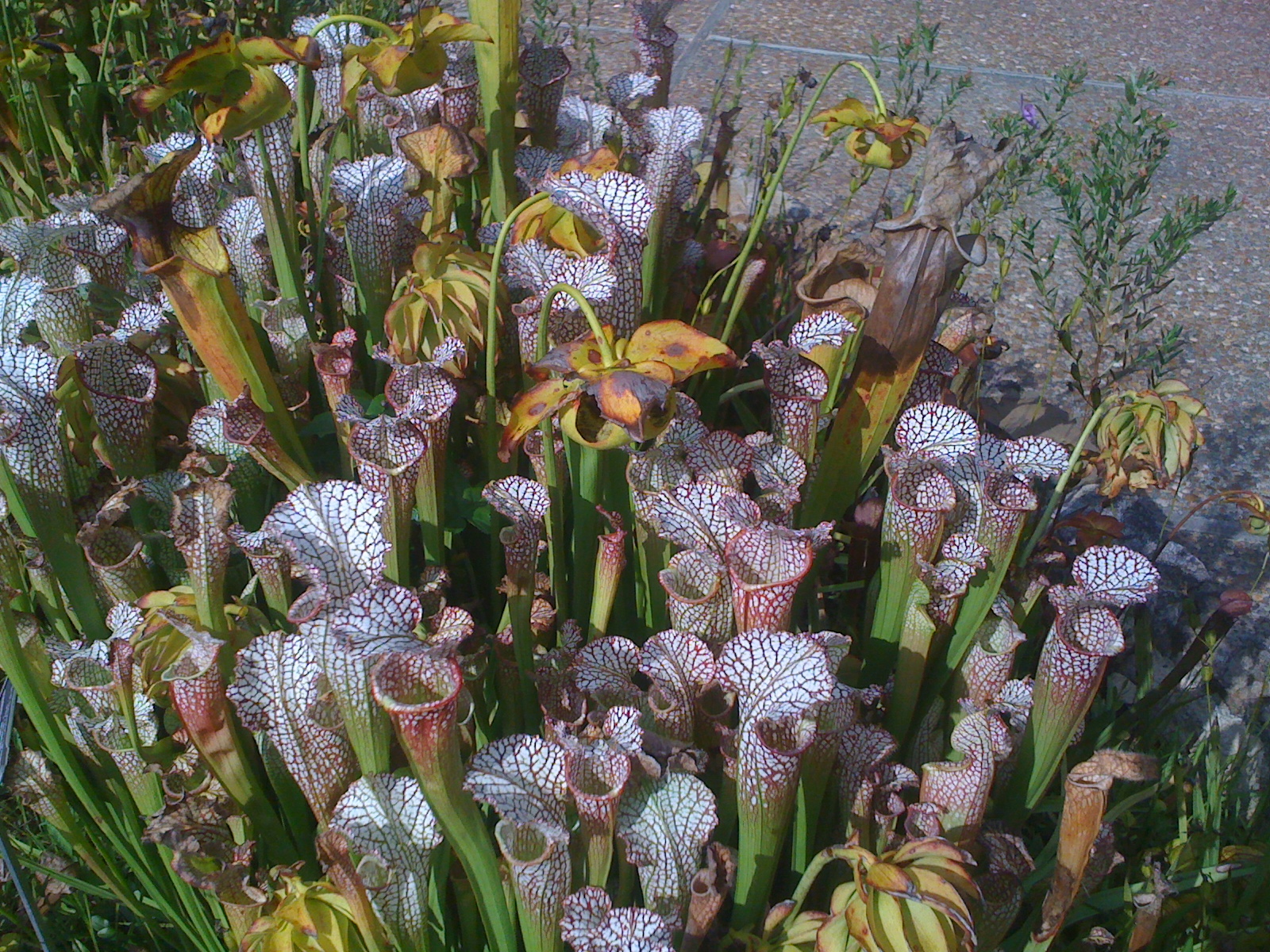

 The former editor of New England Church Life and The New England Christian, Carlene Hill Byron is enjoying being home in Maine after 20 years in North Carolina. She is a professional fundraiser supporting
The former editor of New England Church Life and The New England Christian, Carlene Hill Byron is enjoying being home in Maine after 20 years in North Carolina. She is a professional fundraiser supporting  We are giving away two of Abigail Carroll’s books of poetry:
We are giving away two of Abigail Carroll’s books of poetry:  TWO WAYS TO ENTER
TWO WAYS TO ENTER
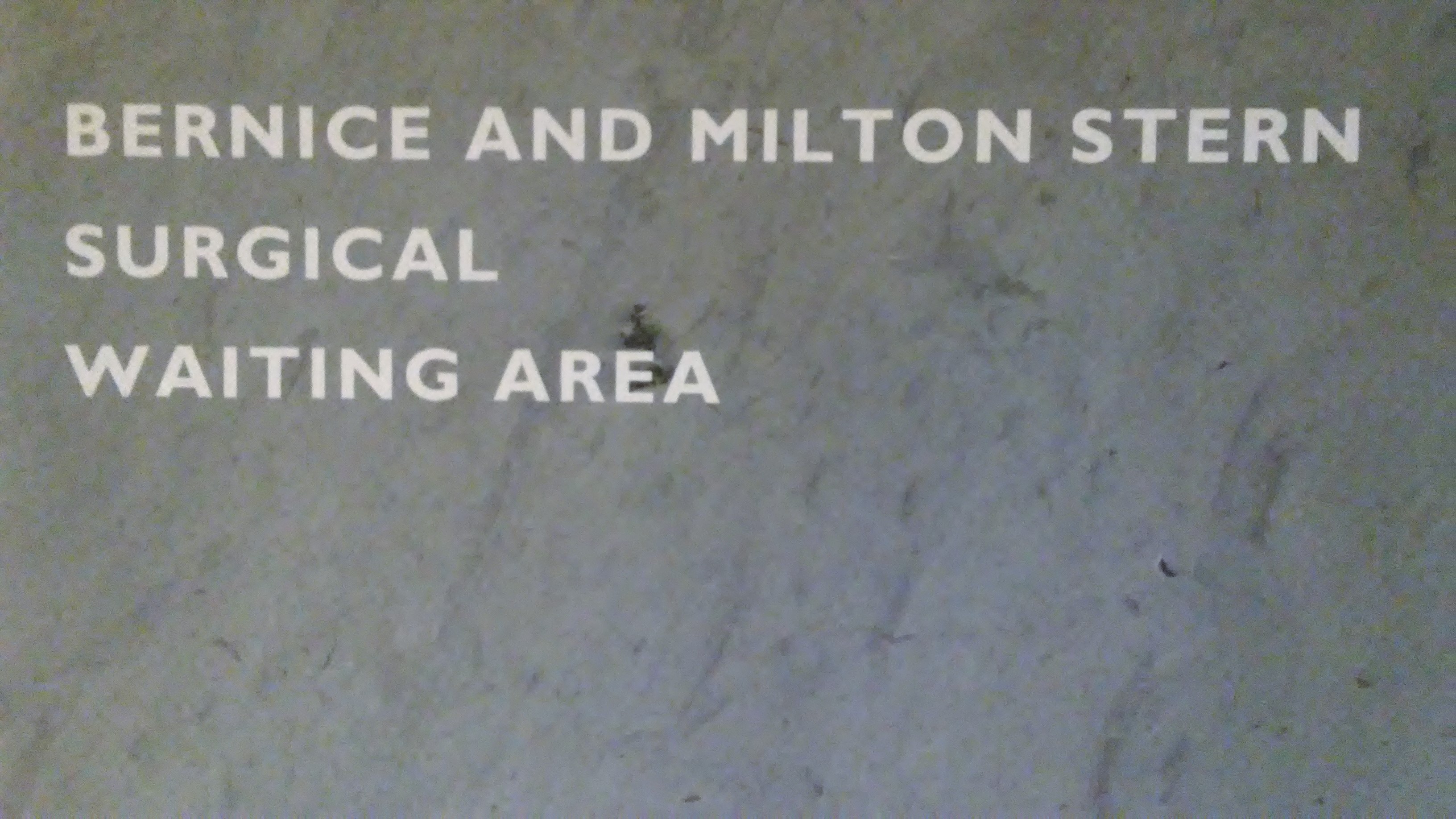
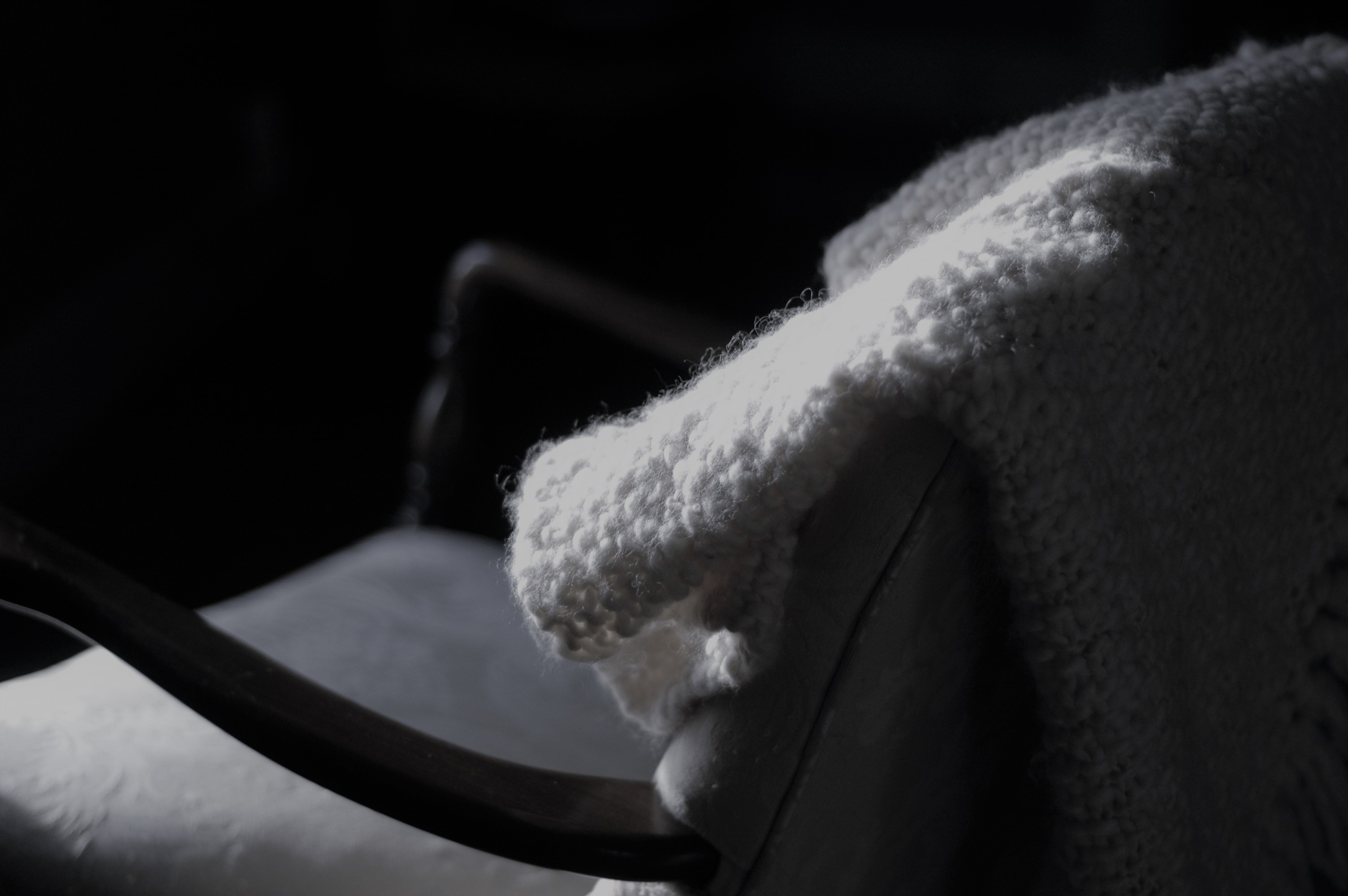
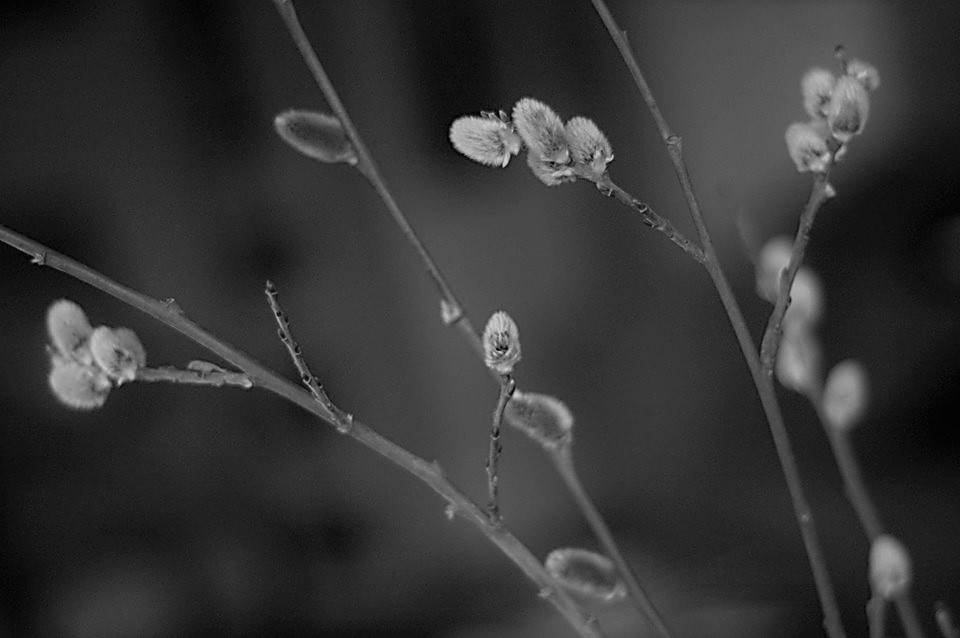
 Abigail Carroll is author of two books of poetry,
Abigail Carroll is author of two books of poetry, 
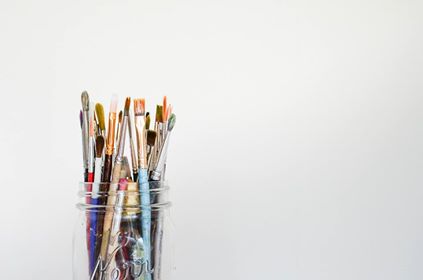
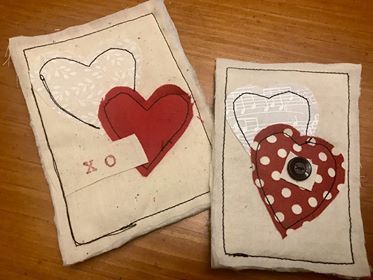
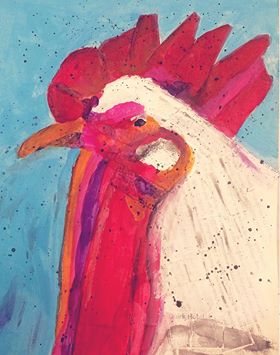
 My husband and I partner in ministry as ordained ministers in The Salvation Army. We’ve been involved with the recovery community for 14 years and are Administrators of a six-month residential program for men. Through our work in this area, we see hope shared on a daily basis. We are witnesses to God’s amazing grace. When I’m not being a surrogate mom to these men, I enjoy many artistic endeavors and share a lot of them on my Facebook page. Come find me on Twitter at
My husband and I partner in ministry as ordained ministers in The Salvation Army. We’ve been involved with the recovery community for 14 years and are Administrators of a six-month residential program for men. Through our work in this area, we see hope shared on a daily basis. We are witnesses to God’s amazing grace. When I’m not being a surrogate mom to these men, I enjoy many artistic endeavors and share a lot of them on my Facebook page. Come find me on Twitter at 